Introduction
Traditional storytelling has been a cornerstone of Nigerian culture for centuries. It serves as a powerful vessel for preserving history, morals, and cultural identity. In today’s fast-paced digital age, traditional storytelling Nigerian entertainment continues to influence modern creative expressions such as Nollywood films, Afrobeats music, theatre, and digital media. This article explores how these age-old narratives are woven into contemporary entertainment, enriching Nigeria’s cultural landscape and captivating audiences both locally and globally.
The Essence of Traditional Storytelling in Nigeria
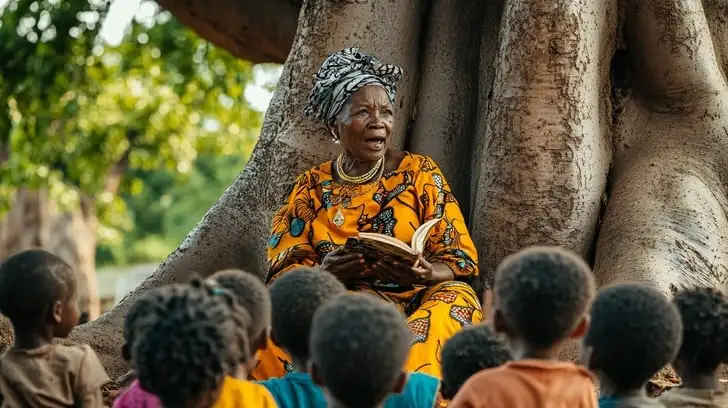
Traditional storytelling in Nigeria is more than just entertainment; it is an educational and social tool. Rooted in oral traditions, it involves passing down stories, proverbs, myths, and legends from one generation to the next. Storytellers, often elders or griots, use voice modulation, music, dance, and dramatization to engage their audience.
These stories teach lessons about morality, bravery, community values, and human nature. They also preserve indigenous languages and customs, making storytelling a living archive of Nigeria’s diverse cultures.
How Traditional Storytelling Shapes Nollywood Narratives
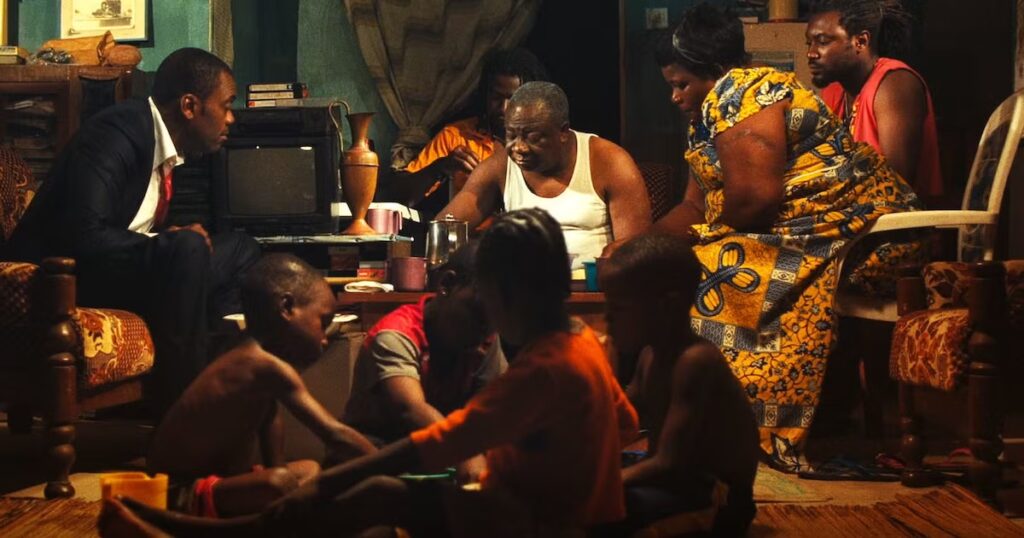
Nollywood, Nigeria’s booming film industry, draws heavily from traditional storytelling techniques. Many Nollywood films incorporate folklore, myths, and moral lessons reflective of Nigeria’s rich oral heritage.
For instance, the film The Figurine (Araromire) blends supernatural folklore with modern-day drama, exploring themes of fate and destiny. Similarly, October 1 uses historical storytelling to depict Nigeria’s colonial past and cultural struggles.
Nollywood’s narrative style often mirrors the oral tradition’s episodic structure, with stories unfolding through flashbacks, proverbs, and symbolic imagery. Characters frequently embody archetypes found in traditional tales, such as the wise elder, the trickster, or the heroic youth.
The Influence of Traditional Storytelling on Nigerian Music
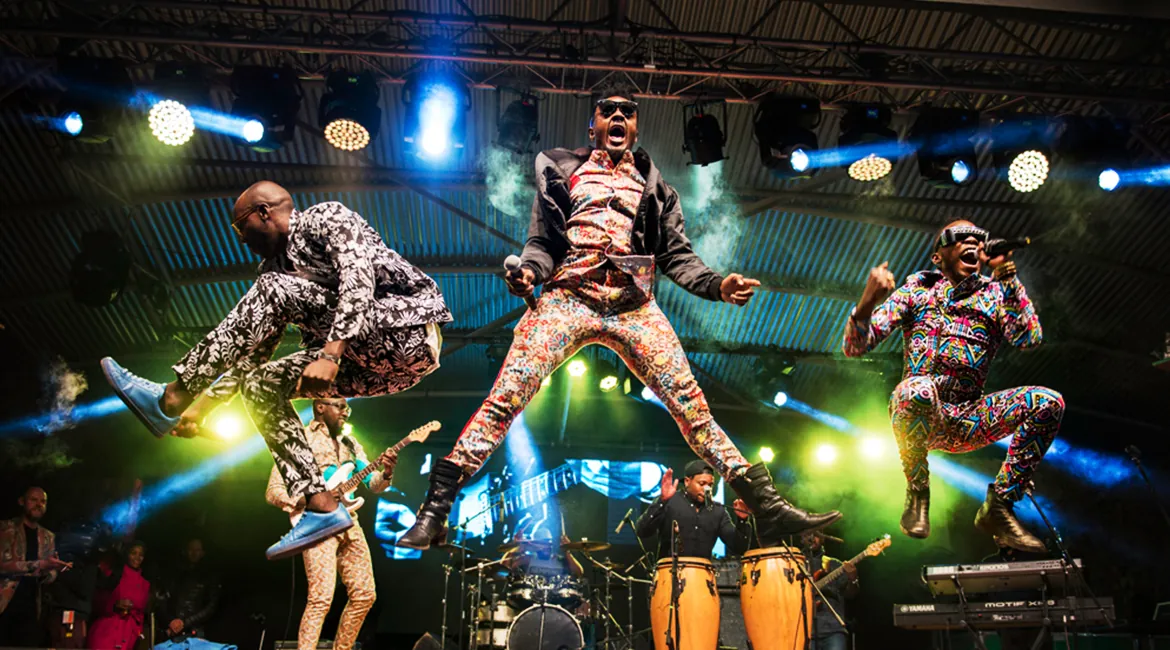
Music in Nigeria is deeply intertwined with storytelling. From the rhythmic chants of traditional drummers to the poetic lyrics of contemporary Afrobeats, storytelling remains central.
Afrobeats artists like Fela Kuti famously used music as a storytelling medium to critique political corruption and social injustice. His songs are rich with allegories and narratives that educate and mobilize listeners.
Modern artists continue this legacy by embedding proverbs, historical references, and cultural motifs in their lyrics. Music videos often dramatize these stories visually, combining traditional dance and modern aesthetics.
Theatre: The Living Tradition of Nigerian Storytelling
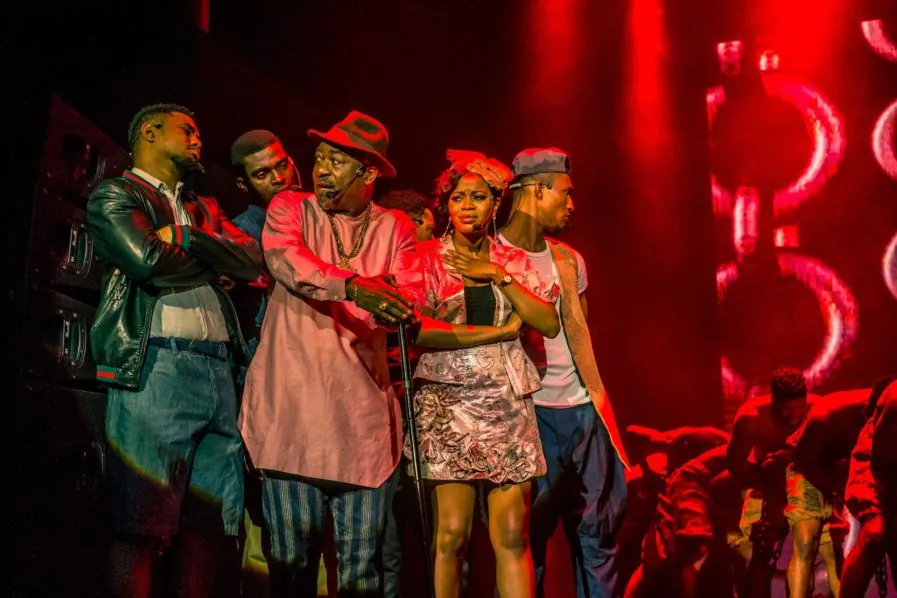
Theatre has long been a platform for traditional storytelling in Nigeria. Yoruba travelling theatre, pioneered by legends like Hubert Ogunde, brought oral narratives to the stage, blending music, dance, and drama.
Ogunde’s plays often tackled social issues and cultural identity, using storytelling to educate and entertain. Today’s Nigerian theatre continues this tradition, adapting folklore and historical tales for contemporary audiences.
Theatre remains a vital space where traditional storytelling thrives, fostering cultural pride and community dialogue.
Digital Media: Revitalizing Traditional Storytelling for a New Generation
With the rise of digital platforms, traditional storytelling Nigerian entertainment has found new life online. Podcasts, YouTube channels, and social media accounts now share Nigerian folktales, myths, and cultural stories with global audiences.
Podcasts like Tales by Moonlight retell classic Nigerian stories in engaging formats, preserving oral traditions for younger generations. YouTube channels dedicated to folklore use animation and live storytelling sessions to captivate viewers.
Digital storytelling also allows for interactive experiences, where audiences can contribute and shape narratives, ensuring the tradition evolves while maintaining its roots.
Preserving Language and Culture Through Storytelling
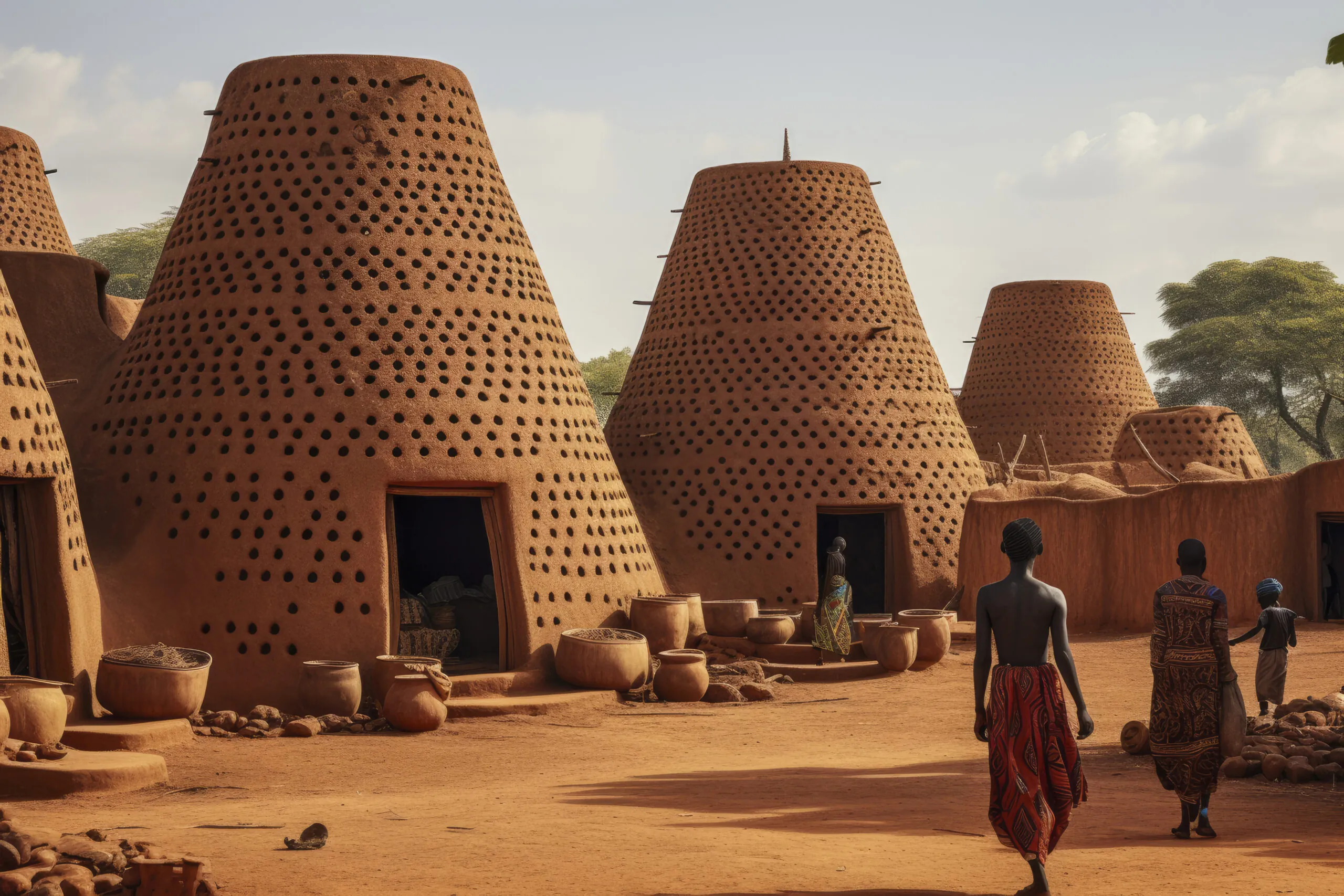
Traditional storytelling plays a crucial role in preserving Nigeria’s many indigenous languages and dialects. Storytellers often narrate in Yoruba, Igbo, Hausa, and other languages, keeping them vibrant.
Modern entertainment incorporates these languages to maintain authenticity and connect with local audiences. For example, Nollywood films frequently feature dialogues in multiple Nigerian languages, reflecting the country’s cultural diversity.
This linguistic preservation fosters national unity and cultural pride, bridging ethnic divides through shared stories.
Challenges Facing Traditional Storytelling in Modern Nigerian Entertainment
Despite its importance, traditional storytelling faces challenges in contemporary Nigeria. Urbanization and globalization have led to declining interest among youth, who often prefer Western media.
Commercial pressures in Nollywood and music industries sometimes prioritize profit over cultural authenticity, risking the dilution of traditional narratives.
Additionally, the oral nature of storytelling makes it vulnerable to loss without proper documentation and adaptation to new media.
The Future of Traditional Storytelling in Nigerian Entertainment
The future of traditional storytelling in Nigerian entertainment lies in innovation and education. Integrating storytelling with emerging technologies like virtual reality (VR) and augmented reality (AR) can create immersive cultural experiences.
Artificial intelligence (AI) tools can assist in archiving and recreating oral histories, making them accessible worldwide.
Educational initiatives incorporating storytelling into school curricula and community programs will ensure the tradition thrives.
Case Studies Highlighting Traditional Storytelling in Nigerian Entertainment
Case Study 1: The Figurine – A Nollywood Masterpiece Rooted in Folklore
The Figurine weaves Nigerian myths into a modern narrative, exploring themes of destiny and spirituality. Its success illustrates how traditional storytelling enriches contemporary film.
Case Study 2: Fela Kuti’s Afrobeat as Political Storytelling
Fela Kuti’s music used storytelling to challenge authority and inspire activism, demonstrating storytelling’s power beyond entertainment.
Case Study 3: Tales by Moonlight Podcast
This podcast revitalizes Nigerian folktales for digital audiences, preserving oral traditions and educating listeners globally.
Traditional Storytelling Elements and Their Modern Applications
| Traditional Element | Description | Modern Application in Entertainment |
|---|---|---|
| Oral Narration | Spoken stories, proverbs | Film voiceovers, music lyrics |
| Folklore | Myths, legends | Nollywood plots, theatre scripts |
| Moral Lessons | Ethical teachings | Song themes, drama narratives |
| Performance Arts | Dance, music, masquerades | Music videos, stage performances |
Nigerian Entertainment Sectors Influenced by Traditional Storytelling
| Sector | Examples | Impact |
|---|---|---|
| Film (Nollywood) | The Figurine, October 1 | Cultural preservation, storytelling |
| Music | Fela Kuti, Burna Boy | Social commentary, cultural pride |
| Theatre | Hubert Ogunde’s plays | Historical education, cultural identity |
| Digital Media | Podcasts, YouTube storytelling | Accessibility, global reach |
The Psychological and Emotional Power of Traditional Storytelling in Nigerian Entertainment
Traditional storytelling Nigerian entertainment taps deeply into the human psyche, evoking emotions ranging from joy and humor to fear and reflection. The oral narratives often use archetypal characters and universal themes such as good vs. evil, justice, and redemption, which resonate across cultures and generations.
- Emotional Engagement: Storytelling creates empathy and connection, making audiences feel part of the narrative.
- Memory and Identity: Stories help individuals and communities remember their history and values, strengthening identity.
- Healing and Therapy: In some Nigerian cultures, storytelling is used in rituals and community healing, addressing trauma and social cohesion.
Modern Nigerian films and music harness this emotional power by embedding traditional storytelling elements, making their content more relatable and impactful.
Economic Contributions of Traditional Storytelling in Nigerian Entertainment
Traditional storytelling Nigerian entertainment is not only culturally significant but also economically vital. It fuels multiple sectors:
- Film Industry: Nollywood’s storytelling draws heavily from oral traditions, contributing billions of dollars annually to Nigeria’s economy.
- Music Industry: Storytelling in lyrics and performances drives sales, streaming, and concert revenues.
- Tourism: Cultural festivals and storytelling events attract tourists, boosting local economies.
- Merchandising: Story-inspired products, costumes, and crafts generate income for artisans.
Investing in the preservation and modernization of traditional storytelling can further stimulate Nigeria’s creative economy.
The Role of Women in Traditional Storytelling and Its Influence on Modern Nigerian Entertainment
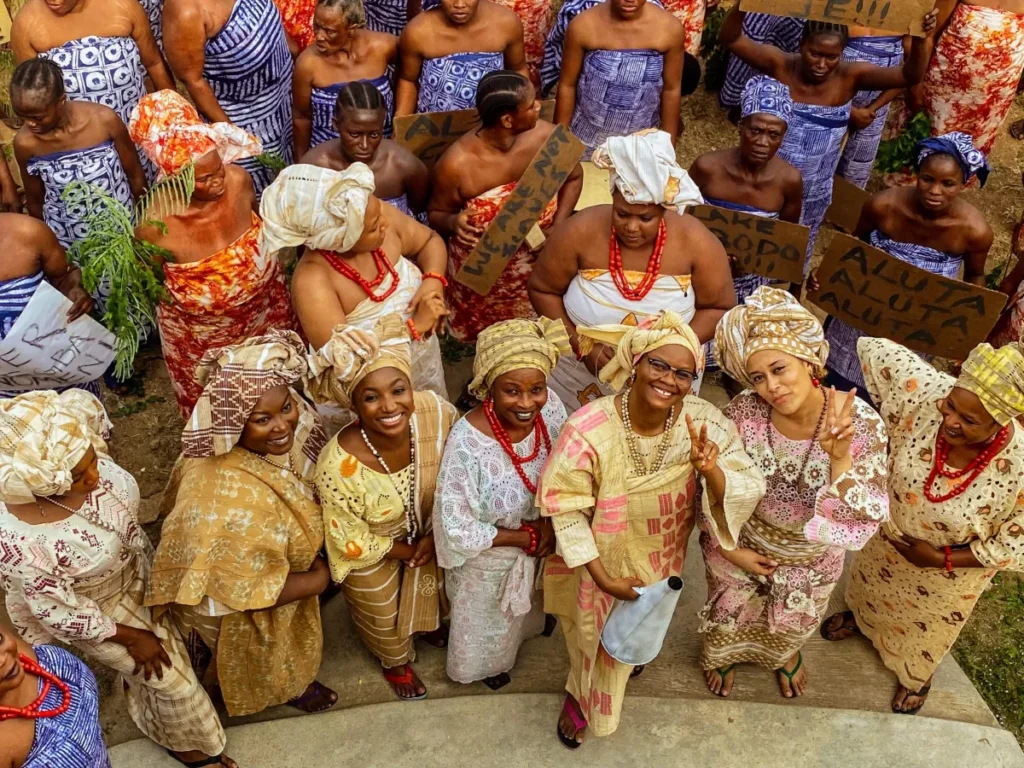
Women have historically been key custodians of oral storytelling in Nigeria, often responsible for passing down folktales, songs, and proverbs within families and communities.
- Female Storytellers: In many ethnic groups, women’s narratives focus on family, morality, and social norms.
- Modern Influence: Female Nigerian artists like Tiwa Savage and Tems incorporate storytelling traditions in their music, empowering women and challenging stereotypes.
- Representation: Increasingly, women are reclaiming traditional narratives and reshaping them in theatre, film, and digital media, promoting gender equality.
Recognizing women’s role enriches understanding of traditional storytelling’s evolution in Nigerian entertainment.
Traditional Storytelling and Youth Engagement in Nigeria

Engaging Nigeria’s youth with traditional storytelling is crucial for cultural continuity. Modern adaptations make storytelling accessible and appealing to younger generations:
- Edutainment: Combining education and entertainment, storytelling is used in schools and youth programs.
- Digital Platforms: Social media, podcasts, and animated series bring folktales to digital-native audiences.
- Youth Festivals: Events celebrating traditional stories with music, dance, and drama encourage participation and pride.
These initiatives ensure that traditional storytelling remains vibrant and relevant in Nigeria’s rapidly changing society.
The Intersection of Traditional Storytelling and Religion in Nigerian Entertainment
Traditional storytelling often intertwines with religious beliefs and practices in Nigeria:
- Mythology and Cosmology: Stories explain the origins of the world, gods, and natural phenomena.
- Rituals and Festivals: Storytelling is central to religious ceremonies, reinforcing spiritual teachings.
- Modern Media: Films and music incorporate religious narratives, blending traditional beliefs with contemporary spirituality.
This intersection enriches Nigerian entertainment, offering audiences a profound connection to their spiritual heritage.
The Global Influence of Traditional Storytelling Nigerian Entertainment
Traditional storytelling Nigerian entertainment has transcended borders, influencing global media and audiences:
- Afrocentric Narratives: Nigerian stories challenge Western stereotypes, promoting African perspectives.
- Diaspora Engagement: Nigerian communities abroad use storytelling to maintain cultural ties.
- International Collaborations: Nigerian artists collaborate with global creatives, integrating traditional narratives into world music, film, and theatre.
This global reach enhances Nigeria’s cultural diplomacy and soft power.
Traditional Storytelling Nigerian Entertainment – Cultural, Social, and Economic Impact
| Impact Area | Description | Examples |
|---|---|---|
| Cultural Preservation | Maintains languages, customs, and values | Nollywood films, folklore festivals |
| Social Cohesion | Fosters unity and identity across ethnic groups | Community storytelling events |
| Economic Growth | Drives creative industries and tourism | Film revenues, cultural tourism |
| Youth Engagement | Ensures cultural transmission to younger generations | Digital storytelling platforms |
| Global Influence | Promotes African narratives worldwide | International music and film |
Conclusion
Traditional storytelling remains a powerful cultural force in Nigerian entertainment. By adapting oral traditions to modern media, Nigerian artists preserve heritage, educate audiences, and inspire creativity. Supporting and innovating this legacy ensures Nigeria’s rich stories continue to thrive in the digital age and beyond.